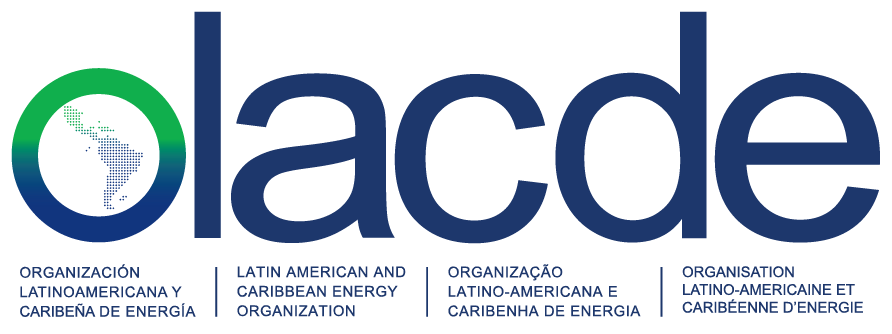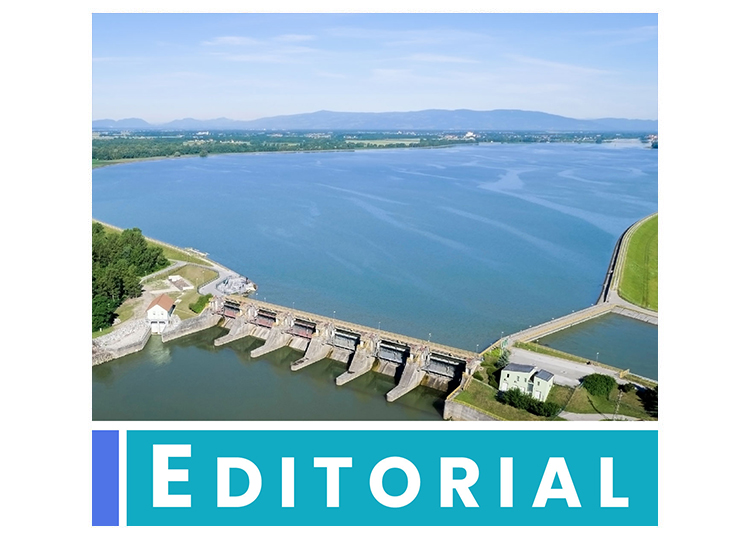Latin America and the Caribbean, a region blessed with vast hydroelectric potential, faces the challenge of leading the transition toward cleaner, more sustainable, and resilient power systems. In this context, hydropower stands out as an essential pillar to ensure the flexibility and stability required in a rapidly evolving energy matrix one increasingly shaped by intermittent renewable sources such as solar and wind.
The ability of hydropower plants to act as system regulators storing energy and quickly responding to fluctuations in generation and demand is fundamental to guaranteeing the reliability of electricity supply. Moreover, their storage and dispatch capabilities make them the perfect complement for integrating renewable sources, enabling these to reach their full potential without compromising system stability.
The global energy transition requires not only an increase in installed renewable capacity but also the deployment of solutions that ensure long-term stability. Hydropower, with its unique flexibility and sustainability attributes, emerges as the most efficient and mature solution to address these challenges.
It is crucial that governments, international organizations, and private sector actors work together to fully leverage this strategic resource by adopting sustainable and inclusive approaches that overcome social, environmental, and regulatory barriers. The main challenges include the need to modernize an aging hydroelectric fleet and the urgency of implementing policies that recognize and compensate the flexibility services these plants provide.
Latin America and the Caribbean now have a historic opportunity to position themselves as leaders in the global energy transition building a cleaner, safer, and more prosperous energy future for generations to come.
Angela Livinio – OLACDE Consultant


